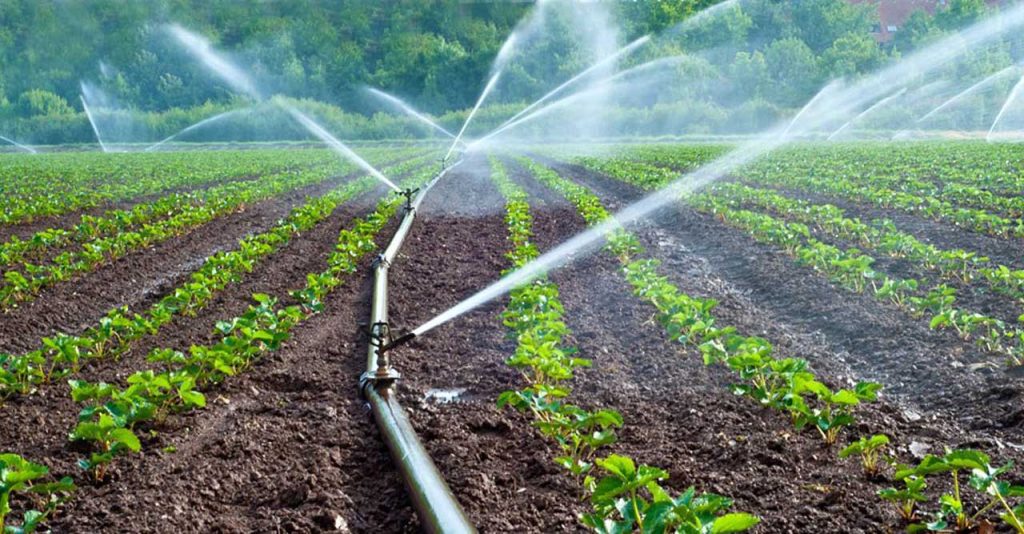Agriculture stands as the cornerstone of Nigeria’s economy, and the ability to sustain year-round food production is essential for ensuring food security. While the rainy season is the primary planting period, the dry season offers a unique opportunity for farmers to extend their cultivation and increase their income. In this comprehensive guide, we aim to provide advice and insights into Nigerian farmers on selecting suitable crops for dry season planting, addressing the challenges that arise during this period, and maintaining high productivity.
Additionally, we will explore the distinctive characteristics of dry season agriculture, its potential benefits, and the strategies that can be employed to overcome the challenges that come with it. The foundation of a successful dry season planting lies in the careful selection of crops that are well-suited to this period. These crops should be capable of thriving under conditions of limited rainfall, higher temperatures, and sometimes, the need for irrigation. In Nigeria, a range of crops have proven to be ideal for dry season planting. These include pepper, tomato, cucumber, watermelon, okra, ewedu, soko, spinach, and beans/cowpea. These crops, not only demonstrate resilience, but also enjoy sustained demand throughout the year, rendering them highly profitable choices for dry season farming by navigating dry season difficulties is a very simple and well understanding approach that all farmers should be aware of.
Dry season farming in Nigeria is not without its share of challenges, but with the right strategies and approaches, farmers can successfully surmount these obstacles and maintain high productivity. Here are some key considerations. To begin with, the implementation of robust irrigation systems, such as drip or sprinkler irrigation, is a fundamental step to ensure a consistent and reliable water supply for the crops. Adequate water management stands as a cornerstone of success in dry season farming. Furthermore, the preparation of the soil is paramount. This process involves the thorough removal of debris, weeds, and stumps from the field. Ploughing, harrowing, and ridging are essential practices that contribute to the development of a fine tilt, which in turn, facilitates effective water absorption and robust root growth.
In addition to these practices, a judicious approach to fertilization is essential. Soil fertility forms the bedrock of dry season farming success, and farmers must employ organic compost and select appropriate Nitrogen, Phosphorus and Potassium (NPK) fertilizers based on soil analysis to maximise crop growth. Pest and disease control also looms as a significant challenge in dry season agriculture. To address this issue effectively, farmers should be vigilant, implementing early intervention measures to protect crops from common dry season threats. Lastly, crop rotation is a valuable practice to prevent soil depletion and maintain overall soil health. By incorporating crop rotation strategies, farmers can both enhance yields and mitigate the impact of pests and diseases on their crops. Dry season farming in Nigeria represents a promising avenue for farmers to elevate their livelihoods and play a pivotal role in ensuring the country’s food security, which by meticulously-selecting suitable crops, adhering to best cultivation practices, and deftly addressing the challenges of the dry season, Nigerian farmers can harness the benefits of year-round agriculture. As the nation seeks out strategies for sustainable development, embracing dry season farming stands as a meaningful and progressive step forward.



